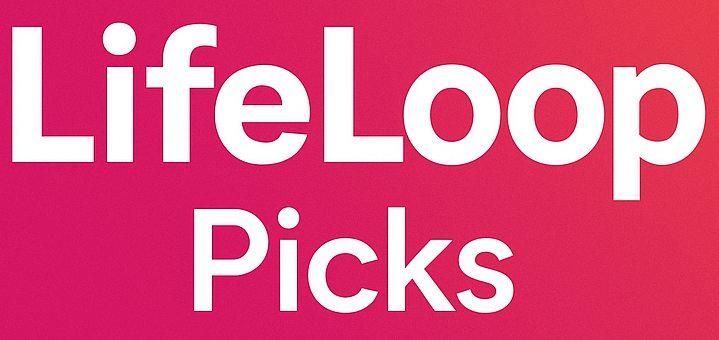Freezing Your Eggs in Your 20s – A New Era of Reproductive Freedom
Introduction
In a world where women are prioritizing their careers, personal development, and education, family planning has evolved. A rising trend among millennial women is to freeze their eggs in their 20s. This modern medical advancement offers the potential to delay childbirth without compromising fertility. But is egg freezing in your 20s truly the best option for everyone? Let’s explore the benefits, risks, and why this choice is gaining popularity.
1. What is Egg Freezing?
Egg freezing, or oocyte cryopreservation, is a process where a woman’s eggs are extracted, frozen, and stored to preserve fertility for future use. Unlike IVF, where fertilized embryos are implanted immediately, egg freezing allows for future flexibility, whether it’s years or even decades down the road.
2. Why Choose Egg Freezing in Your 20s?
Egg quality decreases with age, making it harder to conceive naturally as a woman gets older. By freezing your eggs in your 20s, you’re preserving your healthiest eggs, giving yourself the best chance at future pregnancy when the time is right for you. For many women, this choice provides peace of mind, enabling them to focus on their career, relationships, or other life goals without the pressure of a ticking biological clock.
3. The Science Behind Egg Freezing
The process begins with hormone stimulation to encourage multiple eggs to mature. Once matured, the eggs are retrieved and then frozen using a method called vitrification, which helps prevent ice crystals from forming, preserving the integrity of the eggs. When the woman is ready to use them, the eggs are thawed, fertilized with sperm, and implanted into the uterus through in-vitro fertilization (IVF).
4. Pros of Egg Freezing in Your 20s
- Preservation of Healthier Eggs: At 20, a woman’s eggs are at their highest quality, making them more viable when used in the future.
- Empowerment and Flexibility: Women gain control over their reproductive timeline without rushing into pregnancy.
- Career and Education Focus: This option gives more time to focus on professional and personal growth without worrying about fertility decline.
5. The Risks and Considerations
Despite the numerous advantages, egg freezing isn’t without its risks. It can be expensive, with some estimates ranging from $6,000 to $15,000 per cycle, and several cycles might be needed. There’s also no guarantee that every egg will lead to a successful pregnancy. Additionally, hormonal stimulation can have side effects such as bloating, mood swings, and ovarian hyperstimulation syndrome (OHSS) in rare cases.
6. The Emotional and Psychological Aspects
Egg freezing can provide a sense of relief, but it can also come with emotional uncertainty. Some women may feel societal pressure or guilt about choosing to delay motherhood. It’s important to have realistic expectations about the process and its success rates. Consulting a fertility counselor or a supportive medical professional can help navigate these feelings.
7. The Future of Reproductive Health
Egg freezing is more than just a medical procedure—it’s a social movement. As women demand more autonomy over their reproductive choices, egg freezing could become the new normal for family planning. In the future, as technology improves and awareness grows, this option may become more accessible to women across diverse socioeconomic backgrounds.
8. Is Egg Freezing in Your 20s Right for You?
This decision is deeply personal. While freezing eggs in your 20s offers the best chance of success, it isn’t for everyone. Some women may prefer to try for a family naturally or may never feel the desire to have children. Consulting a fertility expert to understand your options and get individualized advice is crucial.
Conclusion
Freezing your eggs in your 20s may be the key to unlocking future reproductive freedom. Whether it’s for delaying parenthood or for health reasons, this revolutionary procedure empowers women to take control of their fertility. If you’re considering this path, it’s essential to weigh both the emotional and physical factors involved. By exploring all your options, you can make an informed decision that aligns with your life’s goals.

